NAVA, a concrete proposal to convert citizenship income into new value-added activities
NAVA, article already appeared on the blog economy explained easy .
Without prejudice to the need for economic support to people who are really unable to work, is it possible to convert the citizenship income into a tool that rewards those who want to do and can feed the local productive fabric, instead of suppressing it?
NAVAs, new value-added activities, could attract funds previously destined for citizenship income by rewarding the merit and talent of people willing to get involved. Let's see, with a real case, what are the difficulties of small entrepreneurs that can be transformed into great opportunities for the Italian productive fabric.
A true story to frame the discussion
N. has been working in high fashion for 25 years, but feels it is time to get involved with a side project that, who knows, maybe one day it will become all her own. C. has been working in graphics and communication for a lifetime. It boasts receivables from clients and former employers that exceed no. thousand euros and the last customer who commissioned him a small job made his traces disappear just when he had to remove the payment. A strange coincidence that freelancers know well and that is more and more frequent. 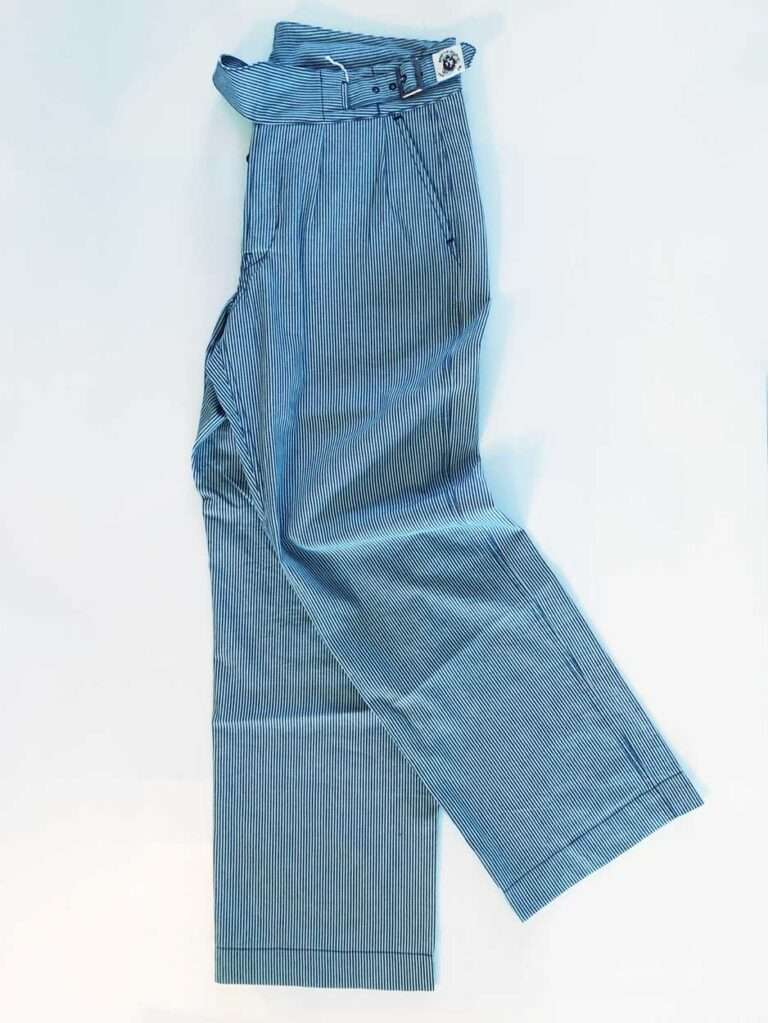
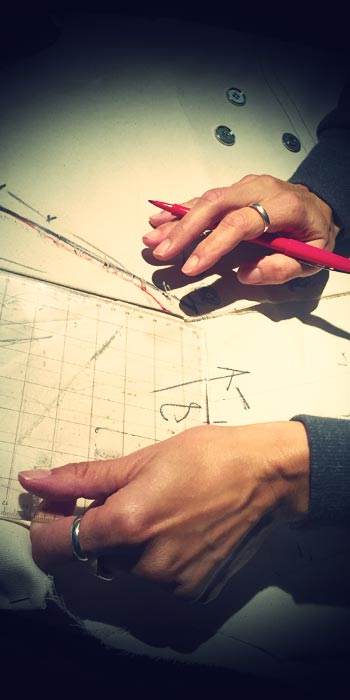
N and C are the same age, they are both 45 years old; therefore an unappetizing personal profile for the investor who is used to seeing start-ups as the kingdom of youngsters. Together they have an idea in mind that seems to work. A small high-quality retro-style clothing brand in which to put all their skills and passion for work. Their market research shows that potential customers exceed expectations. In Italy and abroad there is a growing demand for the type of clothing they have in mind.
They produce a small sample and show it in clubs and DIY markets. The feedback is good and they decide to do a small production.
They use their skills to design and optimize garments and to create a real brand: logo, communication, website complete with an online shop. All work done on his own that saves him tens of thousands of euros.
A brand they like
The brand is liked and with their work on social networks in the space of a few weeks they have already attracted attention from suspicious activities from China that look like they are the type that clones your brand and steals your job. built with effort. They do investigations through a friend in Taiwan and it actually turns out to be the case with these companies, sometimes disguised as American firms, who take your know-how and reward you with a handout, while in the meantime they have registered your brand and they actually turn you into their property. But theirs is a new brand and it was born from the bottom up. Since these are medium-high-end garments, the public is not entirely willing to aim with their eyes closed, spending more than they would pay for a garment in a shop, although they usually buy clothing made in China or Thailand. They just look at the price tag. They give so many compliments, they would like to buy, but they do not have the economic means to do so. Overall, the experiment yields sufficient receipts to begin amortizing the initial costs. 
The first commercial results
The expenditure incurred up to now is about 12,000 euros in total, which has created a small value of over 25,000 euros out of nothing.
Revenues are around 7,000 which, after taking out the expenses for attending events, travel to produce the various pieces of the collection, periodic ironing of the garments, etc. they are reduced to about half.
But their idea created work for the sellers of fabrics and accessories such as buttons, for the prototypers, for the fabric cutter, for the tailors of the artisan workshop, for the small artisan screen printing that printed pocket bags and labels, for the print shop that printed the promotional material.
Overall, the project generated income for at least 18 people.
Now the two encounter the first substantial difficulty. Customers ask for more variety of fabrics and choice of garments, they ask for smaller and larger sizes than those proposed with the experimental samples.
It is necessary to reinvest part of the proceeds, if not all, in the new production to satisfy the requests and take the start-up test to a higher level.
They still don't know if they will be successful, but that the collection needs to be expanded, they knew it from the start.
MOVING FROM THEORY TO PRACTICE
EASY EXPLAINED
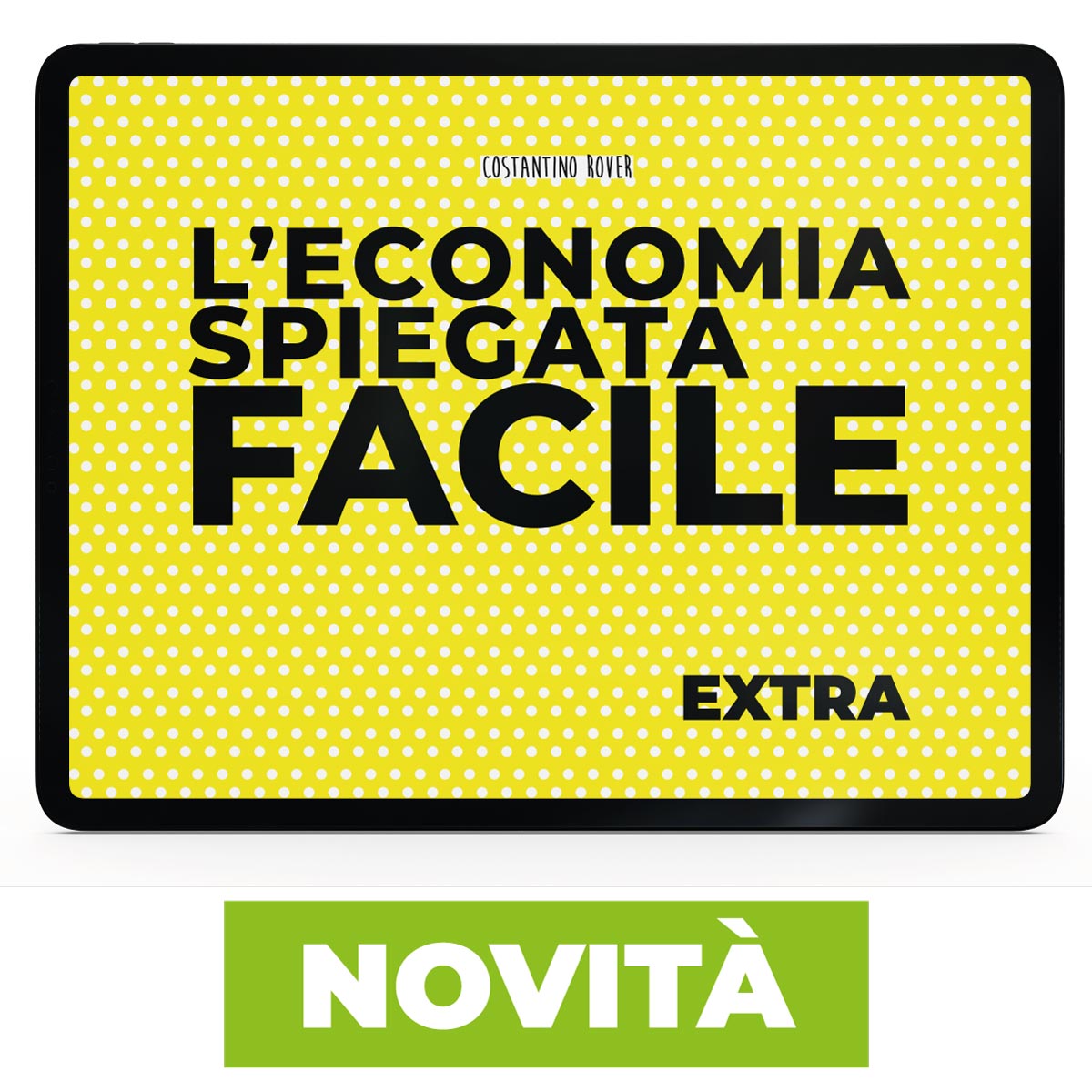 New e-book
New e-book
DOWNLOAD IT NOW
The bottlenecks that stifle business
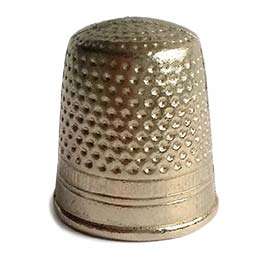
When it's time to start trading their brand, they understand that the only way is to propose themselves as hobbyists, because opening a business, even on their own, would cost the beauty of € 3,600 per year for INPS just to open the position. tax as craftsmen.
If they open the tax position, the capital accumulated with the first sales will be completely canceled and not a single euro will remain to create the expansion of the collection. But if they don't, they will find it difficult to present themselves in public, with the sword of Damocles of finance always looming over their heads.
Furthermore, hobbyists are frowned upon in the major vintage markets, where there would make a difference.
It is necessary to promote oneself online, but this too has a price and does not necessarily correspond to a commercial return.
So how and what to do?
It would be necessary to be able to grow up without incurring the certainty of dying even before leaving and the current legislation does not provide for this.
In addition, the trademark should be registered to protect it on the market from counterfeiting and from the undue exploitation of their hard work in building the brand, since they have already come under the lens of the Chinese.
But then why open an INPS position when N already has his job and C conducts his business with a VAT number in a different sector?
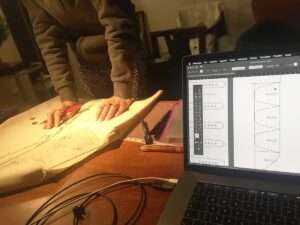
All in all they carry out consultancy tasks for production and communication. They do not physically build the product, but they produce it intellectually. If they could work immediately in the sunlight they could download the expenses, the VAT and then buy the fabrics from the producers, instead of finding what they find from the stockists and in the shops at shop costs instead of at the manufacturer's price!
What would happen if the state invested in work instead of in welfare towards those who could do as N and C? And if it converted the expenditure destined to the citizenship income (instead of abolishing it) into tax credits to be allocated to the relief of all expenses in taxes and social security payments that bury the assets?
If N and C could have the time necessary to build their project safely, in the sunlight and perhaps with a partner at their side instead of a controller constantly behind them, this would not create employment and a first step back towards internal productions. , now that globalization has entered a crisis and it is necessary to go back to producing in our own home?
Is a pact between the state and artisans conceivable to create a 100% real Made in Italy "cartel"?
The unemployed are to lose. Banks will never finance them, due to the Basel 3 rules; Investors do not focus on forty-year-olds and then we are sure that contracting debts with one institution instead of another entails all this difference?
Can we turn these "disposable gaps" into resources and a shortcut to a new internal market, just as the international trade we depend on is collapsing?
NAVA = new value added activity
Let's try to give it a name: new value-added activities; in an acronym, NAVA.
N and C They just created a kind of fashion start-up at the age of 45. Not a thing on paper, one of those that in 90% of cases close within a few years. Theirs is a concrete and tested activity, capable of creating work for many people and capable of creating concrete value, yet their main problem is to escape the rules and taxes instead of focusing on the realization of their plan.
It is a new value-added activity like the many that, as here in the Northeast, could also be born in Campania, another Region with a great tailoring tradition, from the ashes of citizenship income. There too hundreds of small businesses have closed, leaving on the shoulders of the community the weight of the citizenship income given to who knows how many could be put in the conditions to do as N and C if they had their backs covered for those 3/5 years necessary to get back on track .
They would receive those contributions in lieu of citizenship income to set up their own business. That money would go to feed the local productive fabric made up of other weavers, artisans, small screen prints, prototypers, etc.
GIVEN HOW EASY IT IS TO PASS
FROM THEORY TO PRACTICAL PROPOSALS?
LEARN TOO YOU!
 New e-book
New e-book
DOWNLOAD IT NOW
How to regulate the NAVAs?
There has been a lot of talk about how citizenship income would create jobs by leveraging the talents of people marginalized by the economic crisis.
As for fashion, the same NAVA project could be adapted to other sectors that today are not kissed by the fashion of start-ups. NAVAs would employ those who are left out of factory automation, offshoring or company closures, and the collapse of the economy.
Something that in the years of Cinquestelle government was not realized because it was treated as a form of assistance that did not reward real merit and skills.
How to implement such an idea? What is the incubator that we have to invent to put those many who have talent under lock and key to work?
- By canceling the absurd expense of € 3,600 just to open a craft business even without invoicing a single euro?
- By taxing a first income bracket and gradually increasing the following ones?
- By creating tax relief and helping small artisans to open a business capable of growing and consolidating?
- By assigning an initial economic contribution?
- By lowering the VAT as for VAT numbers abroad, in order to reduce the final costs to the consumer?
- By creating company or individual licenses?
- By limiting this possibility to 2/5 micro entrepreneurs to avoid fraudulent speculation on the part of the crafty, perhaps through the inevitable figureheads?
- Verifying that idlers can't get into the mechanism?
And how to regulate this sector and how to link artisan entrepreneurs with the state with the aim of protecting them also against copying and pasting their brands in China and the Far East in general?
- How do we make this investment in the present and in the future profitable, that is, sustainable for the state?
- How do we make it advantageous to leave illegal work or the resignation of not having the possibility of reintegration into the world of work?
- How do we transform a loss-making sector, such as unemployment, into a productive sector?
- How could we exploit the lever of the fiscal multiplier to launch this project without burdening the state for too long?
- With which currency to feed it?
- How to create the virtuous partnership between public and private?
- How to make the NAVA accessible to small potential entrepreneurs and at the same time make it easy, fast but efficient, without creating monsters and bureaucratic bandwidths or allowing banks and third-party organizations to gain or steal resources from the system?
- On what basis and with what systems to select the projects that are actually feasible instead of pleasing everyone, as long as they show up to collect the money?
Join the discussion
If you are a technician in the sector and you want to participate in the discussion, you can comment on this article or write privately to [email protected] giving your contribution as an expert technician in the sector.
NO TIME WASTERS.
We want to create a draft proposal to be sent to the parliamentarians who matter through the contacts of Economic Scenarios.
Maybe to be presented in Parliament one day.
Thank you for your contribution.

Thanks to our Telegram channel you can stay updated on the publication of new articles of Economic Scenarios.
The NAVA article, a concrete proposal to convert citizenship income into new value-added activities comes from Economic Scenarios .
This is a machine translation of a post published on Scenari Economici at the URL https://scenarieconomici.it/nava/ on Mon, 07 Nov 2022 11:17:34 +0000.
